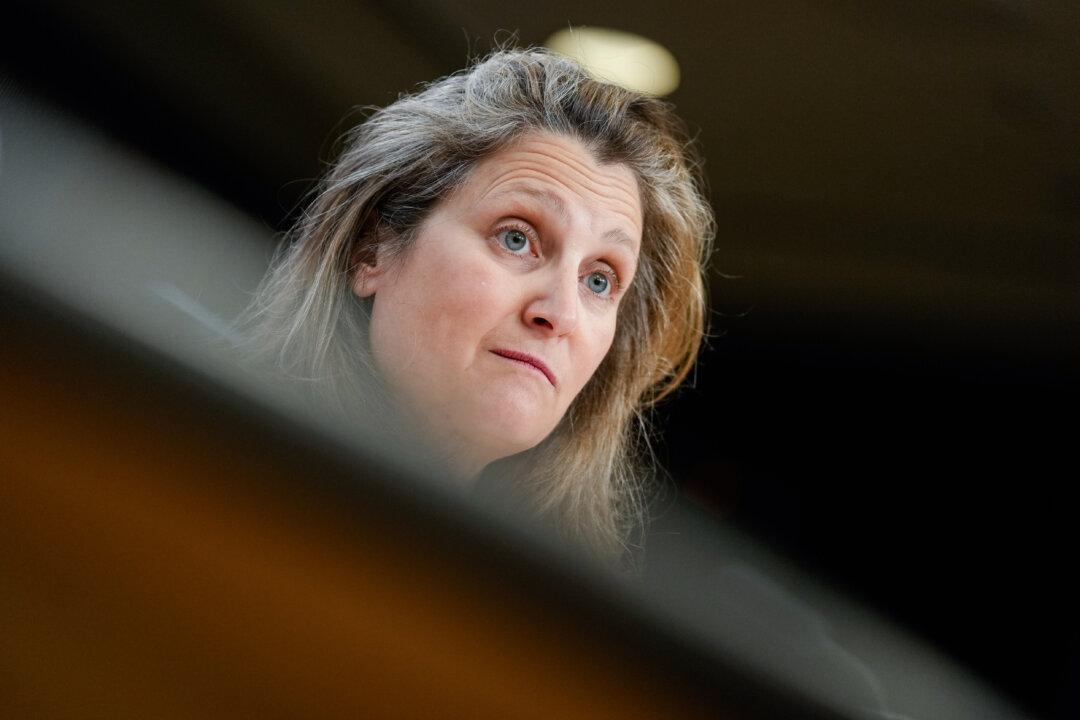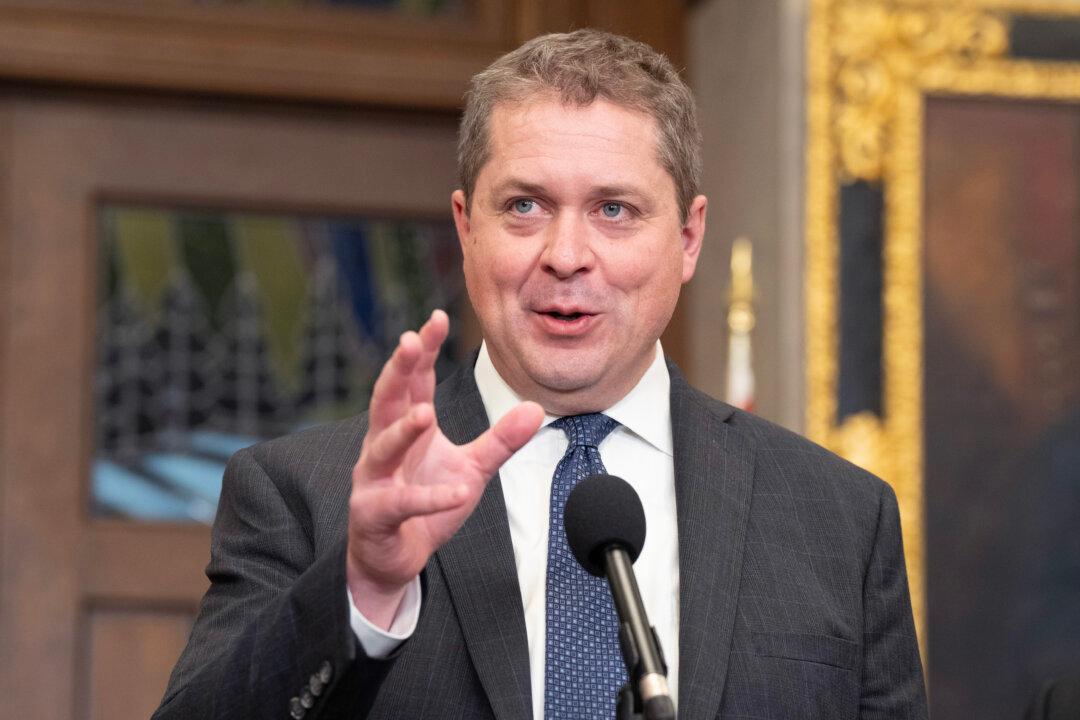Deputy Prime Minister Chrystia Freeland says the Canadian government has “serious concerns” about Venezuela’s recent election that saw both the country’s incumbent president and opposition party claim victory.
“Canada, like many of our other allies, like many of the world’s democracies, has serious concerns about the election in Venezuela, and we’re working closely with our partners,” Ms. Freeland said during a July 29 press conference.





